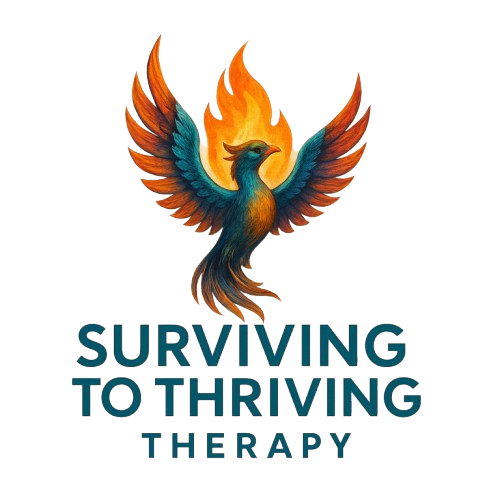It Made Sense at the Time: Understanding and Replacing Painful Coping Patterns
In my work, I believe deeply that every behavior is an attempt to meet a need. That includes the things people sometimes judge most harshly—like drinking, using substances, or controlling food. These behaviors aren’t random or meaningless. They’ve often been ways you’ve learned to cope, survive, or protect yourself in situations that felt overwhelming.
When I ask questions like, ‘What do you get out of drinking?’ or ‘How has the eating disorder helped you?’ I’m not being judgmental. I’m trying to understand. Those questions honor the truth that even painful patterns once served a purpose. Maybe alcohol or food helped numb emotional pain, calm your body, or keep you going when life felt unbearable. Maybe it gave you a sense of control, a connection to others, or a way to silence shame and guilt. In some way, at some time, it worked—at least enough to help you get through.
You’ve adapted to survive, you’re not broken. Even though these patterns can become harmful over time, they were solutions once. Changing them isn’t about weakness or willpower—it’s about finding new ways to meet your needs safely. And stepping into a new way of living can be scary because it’s unfamiliar. You’ve learned how to navigate your world the way it is now, even if it hasn’t always been kind to you. Moving toward a ‘new normal’ takes courage, support, and time—and you deserve all three.
